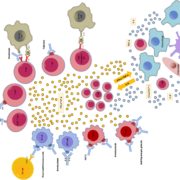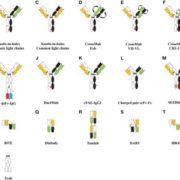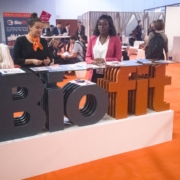Staten Biotechnology has signed a dyslipidaemia licence option deal worth US$430m with Novo Nordisk.
ADVERTISEMENT
Paris-based Kurma Partners announced the first closing of its Kurma Biofund III, a life science fund set to raise €150m.
The European Parliament has voted to add €36.5bn to the budget of Horizon Europe (€94.1bn, in 2018 prices) proposed by the European Commission to foster research and innovation.
Cancer immunotherapies are often associated with severe cytokine release syndrome (CRS) that can be managed with IL-6R-blockers. US oncologists now report that an FDA-approved hypertension drug did the same job as Roche’s anti-IL-6R blocker tocolizumab.
Immuncheckpoint specialist Oxford BioTherapeutics has licenced the right to develop five bispecific antibodies for combination therapies using Wuxi Biologics’ WuXiBody platform.
An analysis of health records of the whole Scottish population aged ?30 years revealed that people with diabetes have an increased risk for heart failure.
British drugmaker AstraZeneca (AZ) has missed another opportunity to secure a share in the lucrative immunoncology market: a Phase III trial combining durvalumab with tremelimumab missed the survival endpoint.
LSP and Sofinnova Ventures co-led the financing of the Amsterdam-based gene therapy specialist XyloCor Therapeutics.
For two days, Lille was the place to be for partnering in early stage innovation. On December 5th, Europe’s leading tech transfer event BioFIT wrapped up, recording a record number of participants.
Uncommon mutations in three genes in estrogen receptor positive breast cancer have a negative impact on disease prognosis reports a team of British and Australian researchers in Nature Communications.











